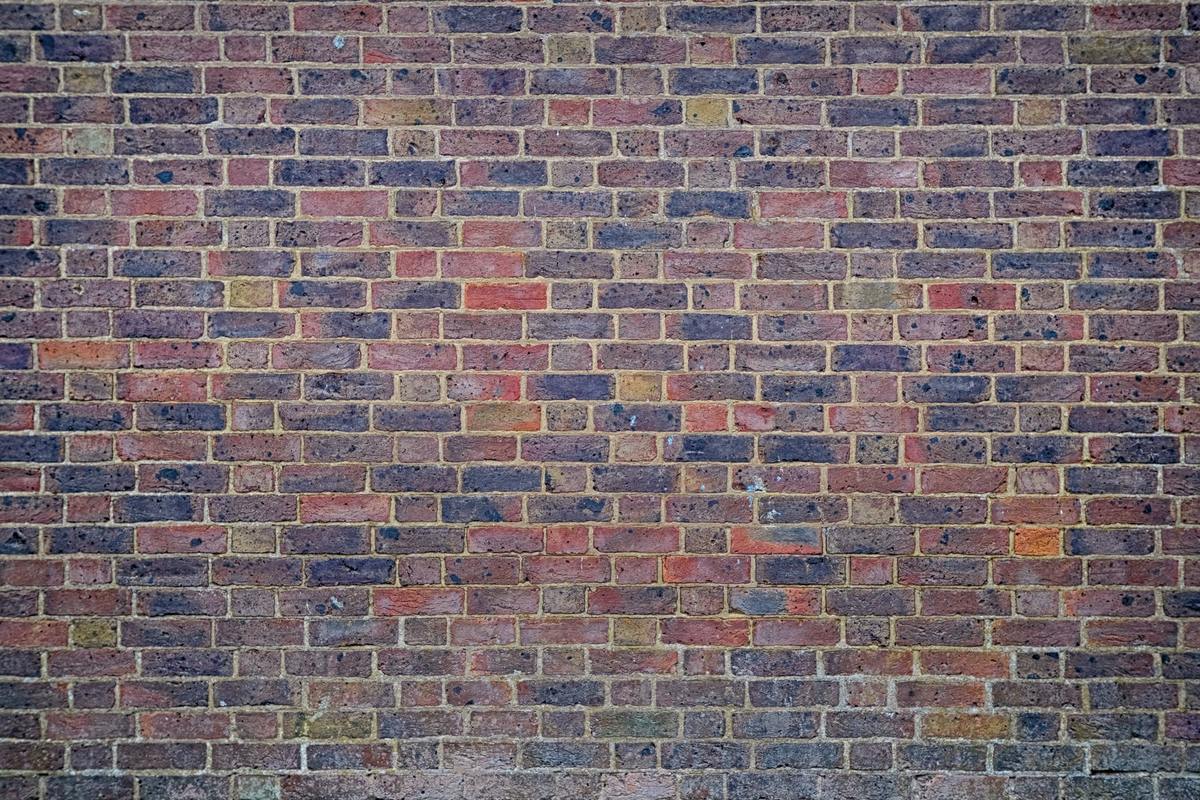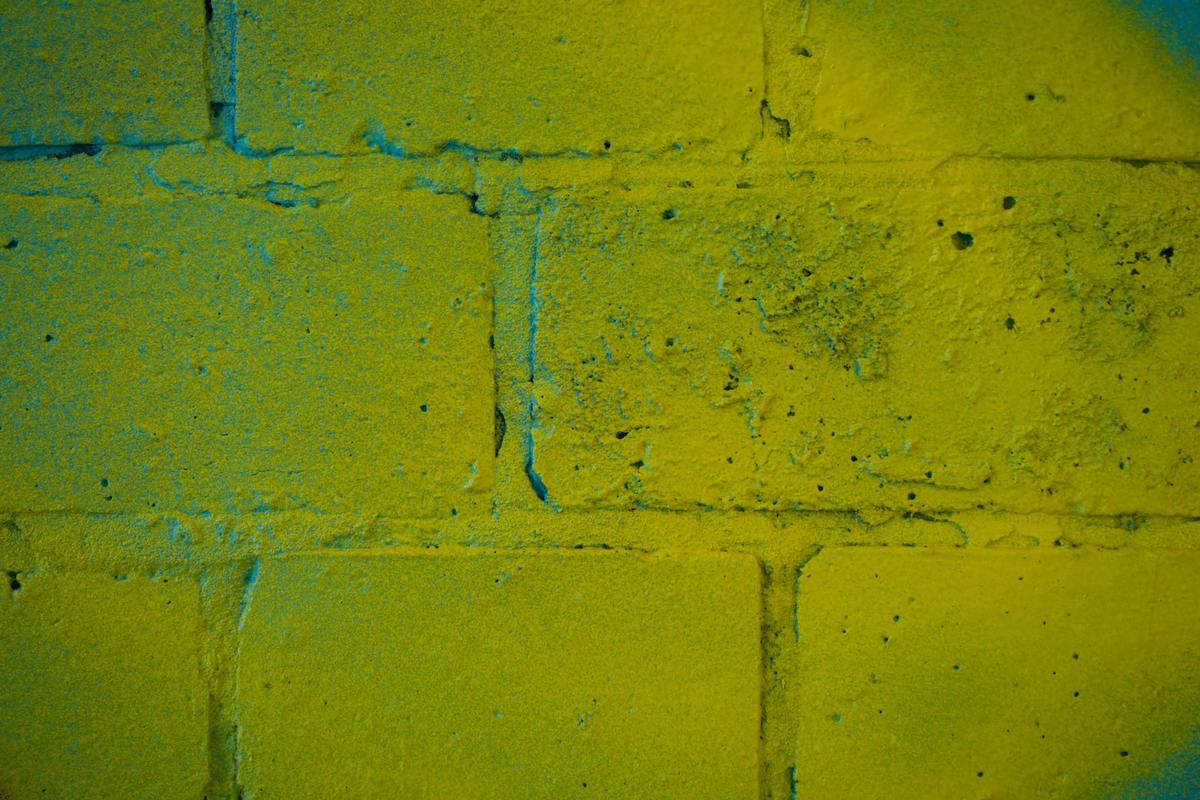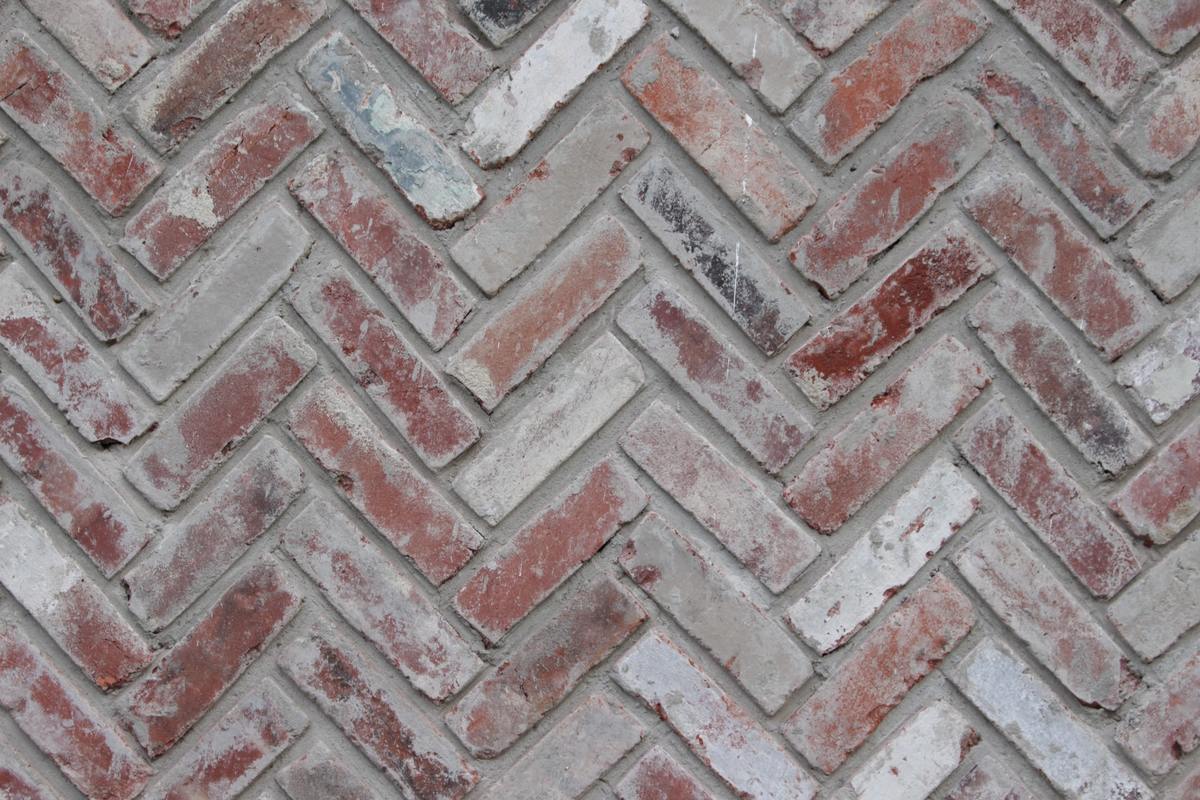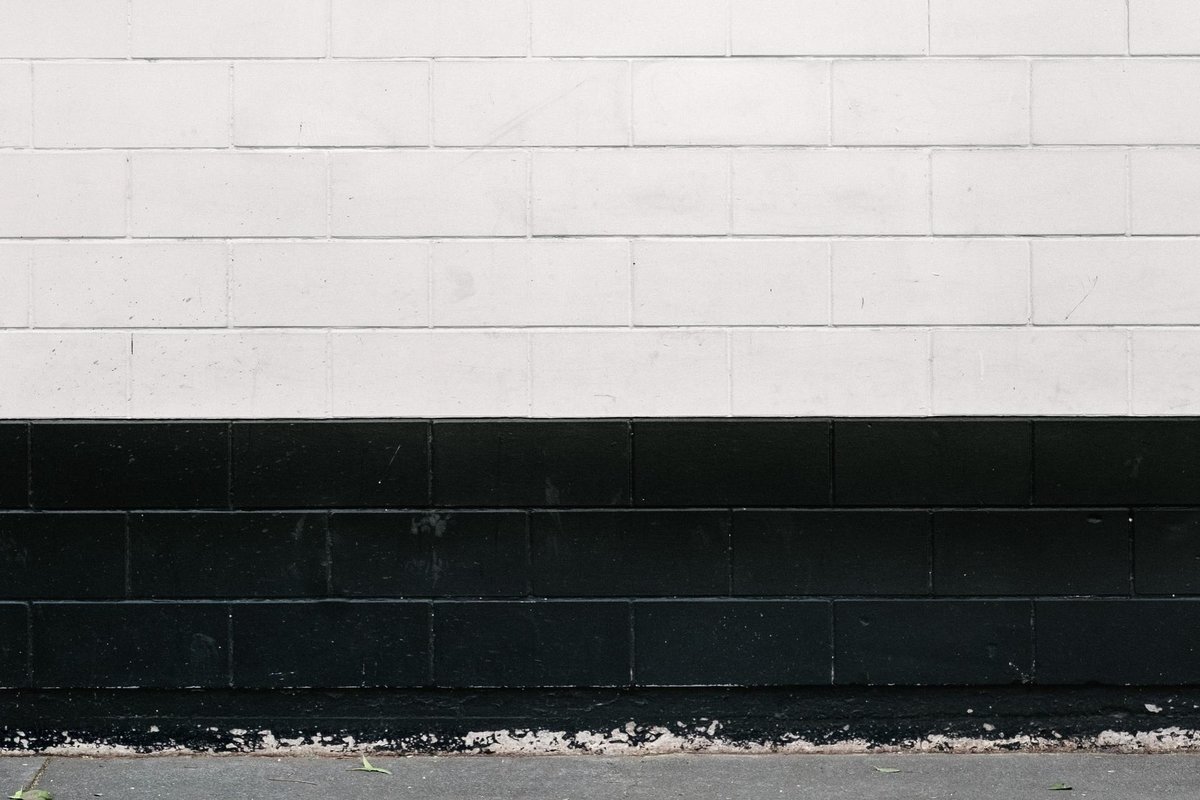Fiction
First Place Winner
Howard Frank Mosher Short Fiction Prize
Category: 2018 Contest Winners
Engraving Heaven’s Likeness
The Pornographer Downstairs
by Jax Peters Lowell
Runner Up, Howard Frank Mosher Short Fiction Prize
Fiction
Runner-Up
Howard Frank Mosher Short Fiction Prize
Selective
by Phebe TenBroeck Miner
Honorable Mention, Howard Frank Mosher Short Fiction Prize
Fiction
Honorable Mention
Howard Frank Mosher Short Fiction Prize
Not You. Not Us.
by Davis Enloe
Honorable Mention, Howard Frank Mosher Short Fiction Prize
Fiction
Honorable Mention
Howard Frank Mosher Short Fiction Prize
The Cord
by Helen Whybrow
First Place, Creative Nonfiction Prize
Creative Nonfiction
First Place Winner
Creative Nonfiction Prize
The Biological Station
by David Carlin
Runner Up, Creative Nonfiction Prize
Creative Nonfiction
Runner-Up
Creative Nonfiction Prize
Deadman’s Pass by Cathryn Klusmeier
Honorable Mention, Creative Nonfiction Prize
Creative Nonfiction
Honorable Mention
Creative Nonfiction Prize
Origin of the Species
by Ainsley Drew
First Place, Ruth Stone Poetry Prize
Poetry
First Place Winner
Ruth Stone Poetry Prize
Burial
by Tara Westmor
Runner Up, Ruth Stone Poetry Prize
Poetry
Runner-Up
Ruth Stone Poetry Prize
Reception Study
by Ainsley Drew
Honorable Mention, Ruth Stone Poetry Prize
Poetry
Honorable Mention
Ruth Stone Poetry Prize
Don’t Quote Me
by Melissa Baumgart
Overall First Place, Katherine Paterson Prize for Young Adult and Children’s Literature
Young Adult Fiction
Overall Winner
Katherine Paterson Prize
Where’s Z?
by Brooke Herter James
Picture Book Winner, Katherine Paterson Prize for Young Adult and Children’s Literature
Picture Book
Category Winner
Katherine Paterson Prize for YA and Children’s Writing
Noble Nuptials: An Elizabethan Wedding Alphabet
by Helen Kemp Zax
Middle-Grade Winner, Katherine Paterson Prize for Young Adult and Children’s Literature
Middle Grade
Category Winner
Katherine Paterson Prize
Bird Girl: A Reimagining of Charlotte Brontë’s Jane Eyre
by Christy Lenzi
Young Adult Winner, Katherine Paterson Prize for Young Adult and Children’s Literature
Young Adult
Category Winner
Katherine Paterson Prize
What the Seashell Said by
Patti Richards
Honorable Mention, Katherine Paterson Prize for Young Adult and Children’s Literature
Picture Book
Honorable Mention
Katherine Paterson Prize
Randolph Caldecott, Forever in Motion
by Barbara Younger
Honorable Mention, Katherine Paterson Prize for Young Adult and Children’s Literature
Picture Book
Honorable Mention
Katherine Paterson Prize
Laps
by Meg Cook
Honorable Mention, Katherine Paterson Prize for Young Adult and Children’s Literature
Young Adult Fiction
Honorable Mention
Katherine Paterson Prize
The Young Travelers Club
by Jessica Rinker
Honorable Mention, Katherine Paterson Prize for Young Adult and Children’s Literature
Middle Grade
Honorable Mention
Katherine Paterson Prize

















